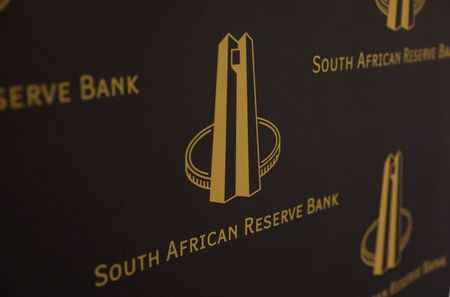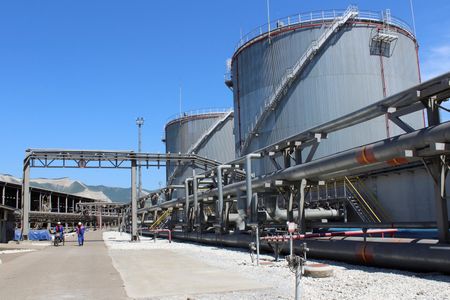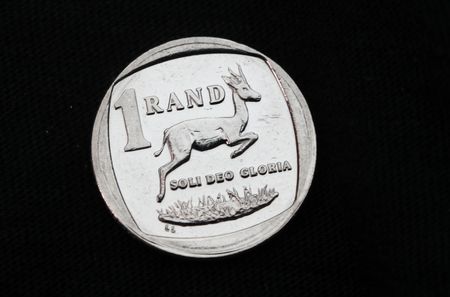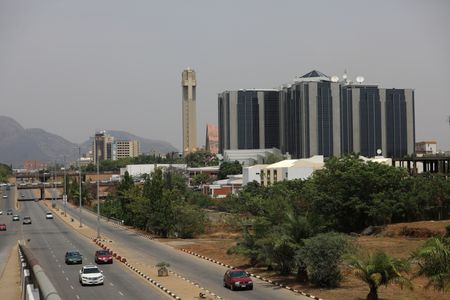By Nqobile Dludla
JOHANNESBURG (Reuters) -South Africa’s financial system remains resilient despite global geopolitical tensions and rising debt risks, the central bank said on Tuesday, as local markets recover from earlier volatility and fiscal conditions improve.
Global markets have shown strength since June, driven by technology and artificial intelligence stocks, with the South African equity market rebounding after U.S. tariff hikes in April, the South African Reserve Bank said in its bi-annual Financial Stability Review on the health and resilience of the country’s financial system.
The Johannesburg All-Share index reached an all-time high of almost 114,000 points this month.
Government bond yields fell to six-year lows on improved fiscal prospects, aided by lower inflation, removal from the Financial Action Task Force grey list, a tighter inflation target and a credit rating upgrade by S&P Global Ratings, the report showed.
Public debt remains elevated at 78.1% of GDP, but short-term fiscal consolidation was supported by stronger tax revenues and reserve drawdowns.
“Despite heightened geopolitical and trade tensions, rising equity prices have continued to support the easing in domestic financial conditions,” the SARB said.
“Long-term bond yields are lower than in previous years, reducing pressure on financial conditions. While the growth rate of household credit has decreased – contributing to tighter conditions – this has been partially offset by increased corporate credit throughout 2025.”
Banking sector profitability stayed above its 10-year average, with capital buffers robust, it added.
The SARB flagged key risks, including potential capital outflows, rising household and small-medium enterprises distress, infrastructure weaknesses and cyber threats. However, systemic risk indicators “remain benign”, with easing financial conditions and a credit-to-GDP gap well below risk thresholds.
“Overall, the South African financial system remained resilient, and this resilience is expected to be maintained over the forecast period to November 2026,” the SARB said.
(Reporting by Nqobile Dludla; Editing by Alex Richardson)











